Association for Psychosocial Studies Biennial Conference
Bournemouth University, 5th- 7th April 2018

Extended CALL FOR PAPERS!
Association for Psychosocial Studies Biennial Conference
Bournemouth University, 5th-7th April 2018
‘Psychosocial Reflections on a Half Century of Cultural Revolution:
The 50th anniversary of seasons of love and protest’
Join us to reflect on revolutionary relationships and revolutionary politics which challenged authority then and which influence us now.
The cultural forces and the political movements of 1967 and 1968 aimed to change the world, and did so. Recent development of some populist and protest politics could be seen as a continuation of the revolutionary movements in the 1960s. Hedonic themes that recall the summer of love suffuse contemporary life, and self-reflection and emotional literacy have also become prominent values, linked towards human diversity and the international community.
We invite you to offer psychosocial analyses of the development and legacy today of the ‘revolutions’ in love, sex and politics. This could be via explorations of contemporary issues in politics, culture and artistic expression, or through historical studies. All proposals for papers must indicate how they address both psychological and social dimensions of their topic.
Send your abstract of 250-300 words to: APS2018@bournemouth.ac.uk
Deadline: 1st October 2017. Confirmation of acceptance: 1st November.
We welcome contributions from academics and practitioners from different fields and disciplines and very much look forward to seeing you there!

 First in the ‘
First in the ‘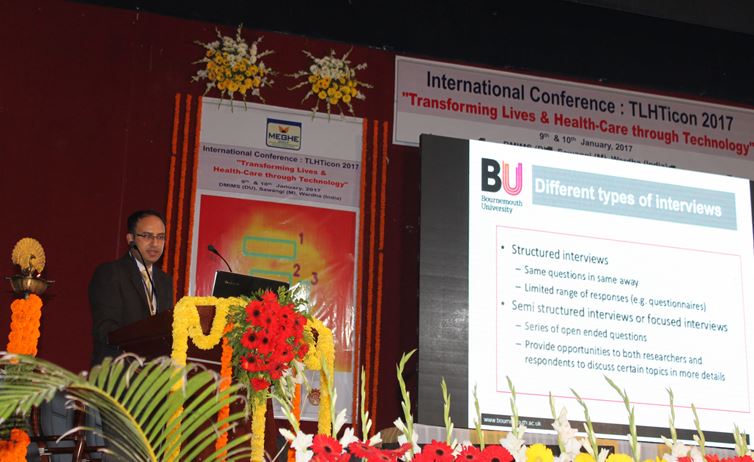
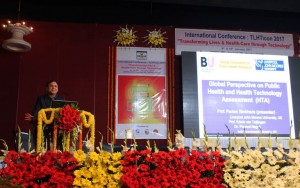
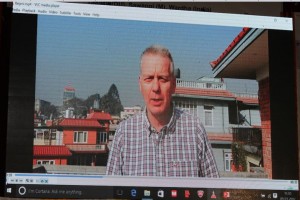
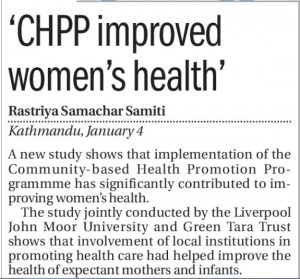
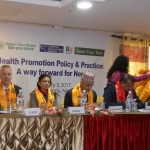
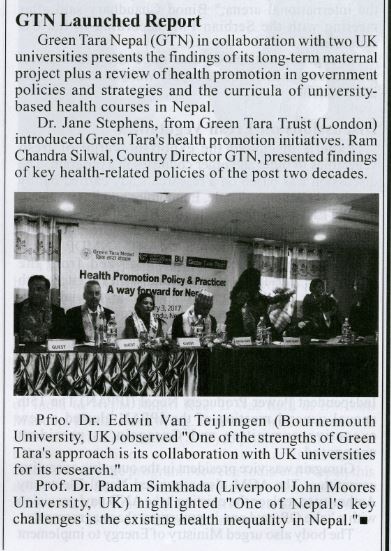

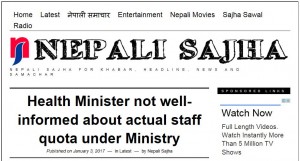
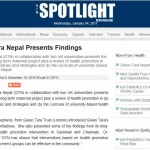
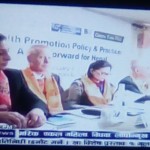
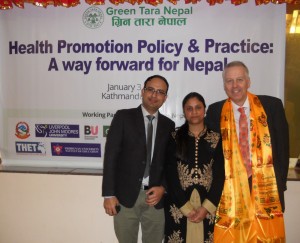
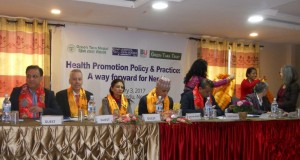
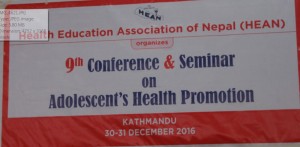 Yesterday Prof. Edwin van Teijlingen from BU’s Centre for Midwifery, Maternal & Perinatal Health (CMMPH) spoke at the 9th Conference and Seminar on Adolescent’s Health Promotion in Kathmandu. This event was organised by the Health Education Association of Nepal (HEAN). The first keynote speech ‘Adolescent’s Health Promotion: Global Perspectives‘ was presented by BU Visiting Faculty Prof. Padam Simkhada (based at Liverpool John Moores University) on behalf of his BU co-authors Dr. Pramod Regmi and Prof. Edwin van Teijlingen. The second keynote speech ‘Global Health Promotion Approach‘ was presented jointly by Prof. van Teijlingen and Green Tara Nepal country director Mr. Ram Chandra Silwal on behalf of their collaborators Prof. Simkhada and Green Tara Trust, UK (Dr. Jane Stephens and Ms. Colette Fanning).
Yesterday Prof. Edwin van Teijlingen from BU’s Centre for Midwifery, Maternal & Perinatal Health (CMMPH) spoke at the 9th Conference and Seminar on Adolescent’s Health Promotion in Kathmandu. This event was organised by the Health Education Association of Nepal (HEAN). The first keynote speech ‘Adolescent’s Health Promotion: Global Perspectives‘ was presented by BU Visiting Faculty Prof. Padam Simkhada (based at Liverpool John Moores University) on behalf of his BU co-authors Dr. Pramod Regmi and Prof. Edwin van Teijlingen. The second keynote speech ‘Global Health Promotion Approach‘ was presented jointly by Prof. van Teijlingen and Green Tara Nepal country director Mr. Ram Chandra Silwal on behalf of their collaborators Prof. Simkhada and Green Tara Trust, UK (Dr. Jane Stephens and Ms. Colette Fanning).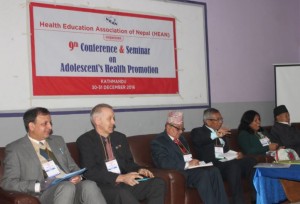

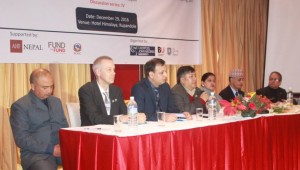
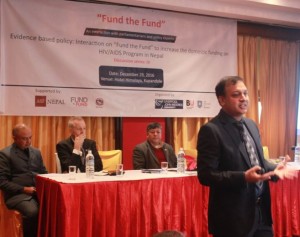

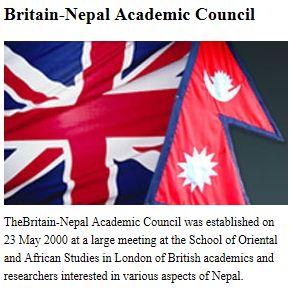
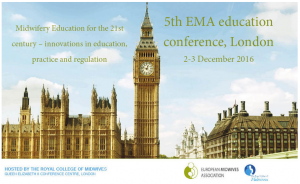
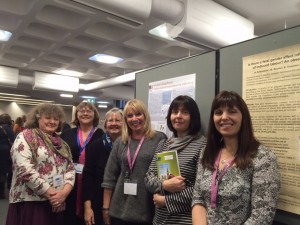

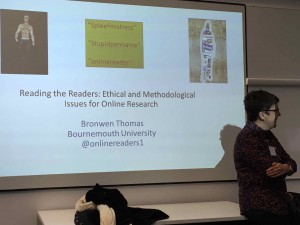
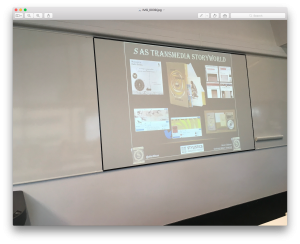
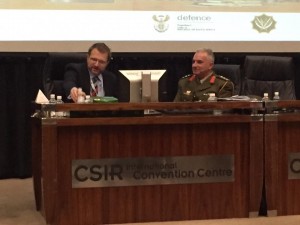
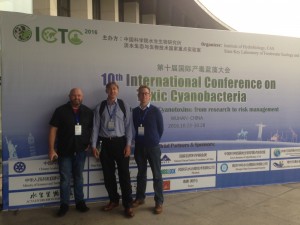
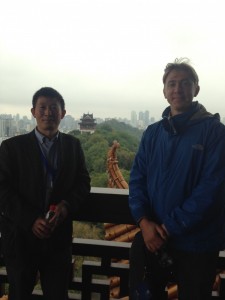
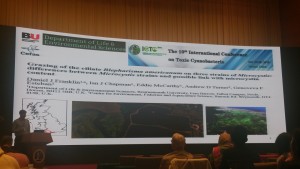











 SPROUT: From Sustainable Research to Sustainable Research Lives
SPROUT: From Sustainable Research to Sustainable Research Lives BRIAN upgrade and new look
BRIAN upgrade and new look Seeing the fruits of your labour in Bangladesh
Seeing the fruits of your labour in Bangladesh Exploring Embodied Research: Body Map Storytelling Workshop & Research Seminar
Exploring Embodied Research: Body Map Storytelling Workshop & Research Seminar Marking a Milestone: The Swash Channel Wreck Book Launch
Marking a Milestone: The Swash Channel Wreck Book Launch ECR Funding Open Call: Research Culture & Community Grant – Application Deadline Friday 12 December
ECR Funding Open Call: Research Culture & Community Grant – Application Deadline Friday 12 December MSCA Postdoctoral Fellowships 2025 Call
MSCA Postdoctoral Fellowships 2025 Call ERC Advanced Grant 2025 Webinar
ERC Advanced Grant 2025 Webinar Update on UKRO services
Update on UKRO services European research project exploring use of ‘virtual twins’ to better manage metabolic associated fatty liver disease
European research project exploring use of ‘virtual twins’ to better manage metabolic associated fatty liver disease